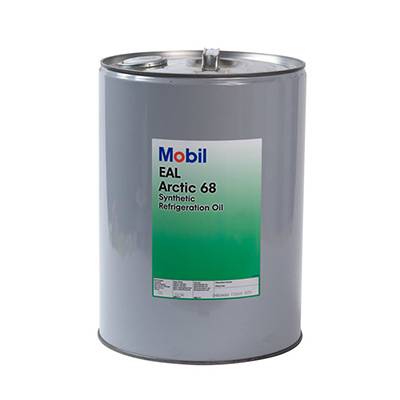11월 . 07, 2024 14:01 Back to list
Effective Solutions for Reducing Vibration with Mounting Pads for Various Applications
Understanding Anti-Vibration Mounting Pads An Essential Component for Equipment Protection
In the realm of industrial operation and machinery maintenance, the integrity of equipment is paramount. One often-overlooked component that plays a significant role in protecting machinery and enhancing operational efficiency is anti-vibration mounting pads. These specialized pads are essential for reducing the impact of vibrations, noise, and shock that can adversely affect machinery performance and longevity.
What Are Anti-Vibration Mounting Pads?
Anti-vibration mounting pads are designed to absorb and dampen vibrations produced by machinery, engines, and other mechanical systems. Typically made from rubber, neoprene, or other elastic materials, these pads act as shock absorbers, reducing the transmission of vibrations to surrounding structures and minimizing the potential for damage. They come in various shapes and sizes, tailored for different applications, from heavy-duty industrial machinery to small appliances.
Why Are They Important?
Vibrations in machinery can arise from multiple sources, including motor operations, imbalances in rotating parts, and external impacts. The consequences of unchecked vibrations can be severe, leading to
1. Equipment Damage Continuous vibrations can lead to part misalignment, wear and tear, and ultimately, mechanical failure. 2. Noise Pollution Machinery that vibrates excessively can produce disruptive noise, affecting workplace environments and employee comfort. 3. Structural Issues Prolonged exposure to vibrations can compromise the structural integrity of buildings and equipment foundations, potentially leading to costly repairs. 4. Safety Hazards Vibrations can create unsafe working conditions, increasing the risk of accidents and injuries.
How Do Anti-Vibration Pads Work?
The primary function of anti-vibration mounting pads is to isolate equipment from its support structure. They work on the principle of energy absorption when vibrations occur, the pads compress and deform, dissipating the vibrational energy and converting it into heat. This process reduces the amplitude of vibrations transmitted through the machinery to the floor or foundation, effectively damping the vibrations.
anti vibration mounting pads

Applications of Anti-Vibration Mounting Pads
These pads find widespread application across various industries
- Manufacturing In factories, anti-vibration pads are essential for equipment like CNC machines, conveyor systems, and compressors to ensure precision and reliability. - HVAC Systems Heating, ventilation, and air conditioning units benefit from these pads to minimize noise and vibrations, enhancing comfort in living and working spaces. - Transportation In vehicles, mounting pads are used to reduce engine vibrations, improving driver comfort and extending the lifespan of components. - Renewable Energy Wind turbines utilize anti-vibration pads to protect sensitive electronic components from vibrations caused by rotor movement.
Selecting the Right Anti-Vibration Pads
When choosing anti-vibration mounting pads, several factors must be considered, including
- Load Capacity Ensure the pads are capable of supporting the weight of the machinery they will be installed under. - Frequency Range Different materials dampen various frequency ranges; select a pad that effectively absorbs the specific vibrational frequencies of your equipment. - Environmental Resistance Depending on the application, consider pads that are resistant to oil, chemicals, heat, or moisture. - Thickness and Shape The effectiveness of a pad can also depend on its thickness and shape, which can influence its ability to absorb vibrations.
Conclusion
Anti-vibration mounting pads are integral to maintaining the efficiency, safety, and longevity of machinery across multiple industries. By reducing vibrations, these pads protect equipment from damage, minimize noise pollution, and ensure safe operating conditions. As businesses continue to prioritize operational efficiency, the role of anti-vibration solutions will only grow, making it essential for industries to invest in high-quality mounting pads tailored to their specific needs. Proper selection and implementation of these pads can yield significant benefits, translating into cost savings and enhanced performance over time.
-
Precision Manufacturing with Advanced Spline Gauge DesignNewsJul.31,2025
-
Industrial-Grade Calibrated Pin Gauges for Exact MeasurementsNewsJul.31,2025
-
Industrial Filtration Systems Depend on Quality Filter DN50 SolutionsNewsJul.31,2025
-
High-Performance Gate Valve WholesaleNewsJul.31,2025
-
Granite Surface Plate The Ultimate Solution for Precision MeasurementNewsJul.31,2025
-
Granite Industrial Tools The Ultimate Guide for Bulk BuyersNewsJul.31,2025
Related PRODUCTS









